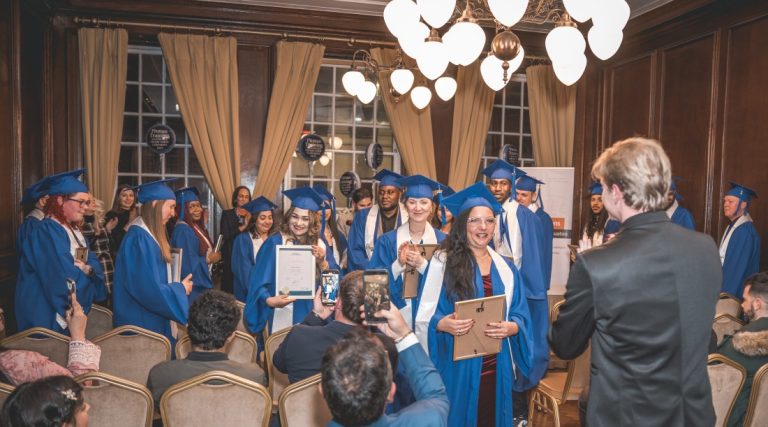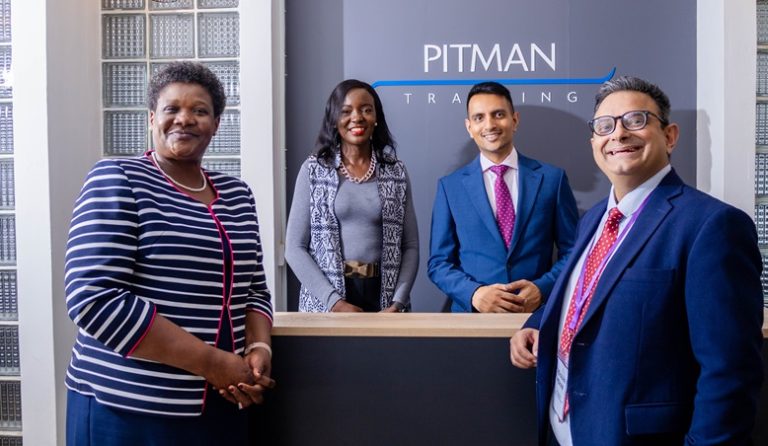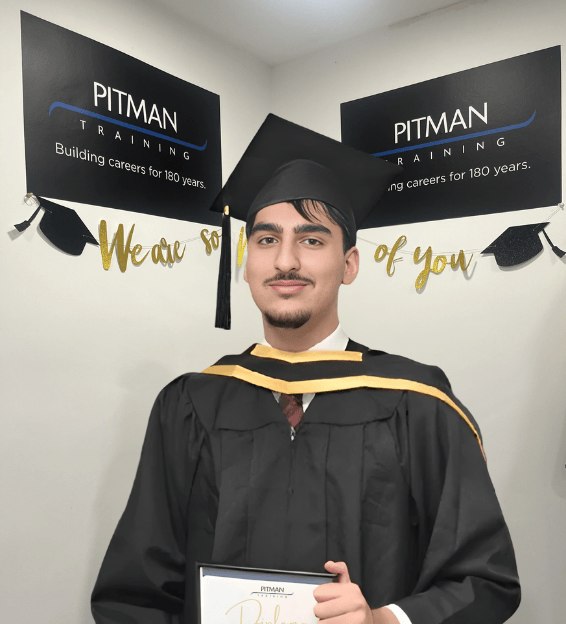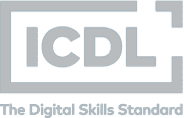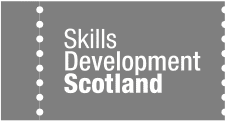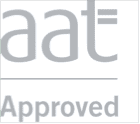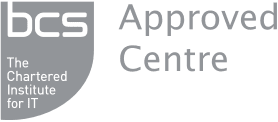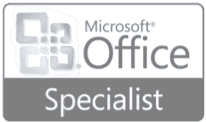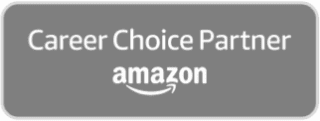You can finish your interview on a high note by asking some well-considered questions. These may crop up naturally during the interview and it may be appropriate to ask them as you go along, although this will depend on the formality of the interview.
Many people also like to have a notebook with them during an interview – this is a good thing, so don’t feel afraid to take your notebook and jot down notes during the interview. But make sure your pen is working and your notebook is unadorned with graffiti – and whatever you do, avoid having to scrabble around in the bottom of your bag for pen and paper!
And no matter what, save some well-considered questions for the end – come armed with at least five as a couple may be answered during the interview process.
1) I’m keen to do a good job – how will I know if this is the case?
1) I’m keen to do a good job – how will I know if this is the case?
2) Why are you recruiting for this role? Is it a new role?
3) What are the main challenges I would face in this role / department?
4) If I do well in this role, what are the opportunities for development?
5) What’s your training policy – are there any training opportunities?
6) Can you tell me a little bit about the team I would be joining and the culture here?
Of course the whole point of an interview is for the interviewer to ask you questions, so you need to have thought through in advance what they might want to know. For example…
1) Please can you tell me why you want this role and to work for this company?
(And your answer is not “It’s five minutes down the road and the pay’s OK”!)
2) What’s your understanding of what we do as a company?
(This is your chance to demonstrate enthusiasm for what they do)
3) Please can you tell me what you think your main contributions to the role / team / company would be?
(Remember to illustrate your answer with examples of contributions you’ve made in the past – these could be general and drawn from your wider experiences such as demonstrating how you’re a team player, or they could be role / skill-specific)
4) What are your strengths? Weaknesses?
(This is a very common question – be prepared to demonstrate how you turned a weakness into a strength)
5) Every job has its challenges – can you give me an example of a challenge you have overcome, the outcome you achieved and why you think this happened?
(Again, use real examples – either from work or from the interests you put on your CV)
6) How would your friends / colleagues describe you?
(Be positive and be honest – think about the characteristics required for the job too and try to demonstrate you have them, e.g. commitment, tenacity, outgoing nature)
